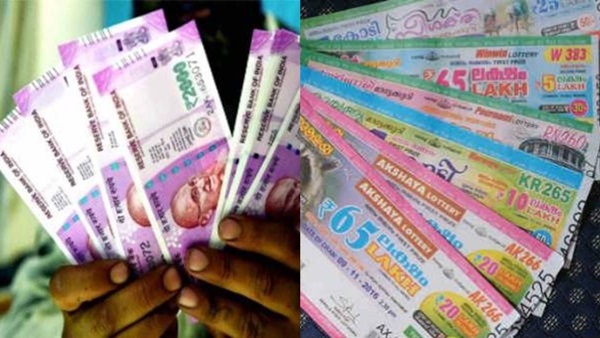The lottery has fascinated and captivated individuals worldwide for centuries, presenting an enticing promise of life-changing wealth with a single ticket. Originating in ancient civilizations, lotteries have evolved from humble beginnings into a global phenomenon with various forms and structures. This article delves into the contemporary keluaran macau landscape, examining its mechanics, impacts, and the ongoing debate surrounding its role in society.
A Brief History of Lotteries
The concept of the lottery dates back to ancient Rome, where it was used primarily for entertainment during feasts and gatherings. Lotteries were also used in medieval Europe for charitable purposes, often funding public projects and infrastructure. The modern lottery, as we know it, began to take shape in the 15th and 16th centuries, with governments using them to raise funds for various state endeavors.
How Lotteries Work
At its core, a lottery is a game of chance. Participants purchase tickets that contain a series of numbers or symbols. These tickets are entered into a draw, where winners are selected randomly. The appeal of lotteries lies in their simplicity and the promise of substantial rewards for minimal investment. In most cases, the larger the jackpot, the more enticing the lottery becomes, driving increased ticket sales.
Modern lotteries come in various formats, including:
- Traditional Draw Lotteries: Participants select a set of numbers, and winners are determined based on how closely their numbers match those drawn.
- Instant Win Games: These offer immediate gratification, where players scratch off panels on a ticket to reveal if they’ve won.
- Online Lotteries: With the advent of digital technology, many lotteries now offer online platforms, broadening their reach and accessibility.
The Social and Economic Impact of Lotteries
Lotteries have a multifaceted impact on society. On one hand, they generate significant revenue for governments and charitable organizations. Funds raised from lottery sales are often allocated to public services, educational programs, and infrastructure projects, providing tangible benefits to communities.
However, lotteries also raise concerns. Critics argue that they disproportionately target lower-income individuals, who may see the lottery as their best chance for financial improvement. This can lead to gambling problems and financial strain for those who spend beyond their means. Additionally, there is ongoing debate about the ethical implications of state-sponsored gambling.
The Psychology of Lottery Playing
The allure of the lottery is deeply ingrained in human psychology. The prospect of winning a large sum of money, often with a relatively small investment, taps into the universal desire for instant wealth and betterment. The excitement and anticipation associated with lottery draws contribute to its appeal, creating a sense of hope and possibility.
Moreover, the phenomenon of “lottery fever” describes the collective excitement and behavior observed during major lottery draws, where ticket sales soar and media coverage intensifies. This heightened state of anticipation can lead to a temporary suspension of critical thinking, as individuals envision a future transformed by a sudden windfall.
Innovations and Future Trends
The lottery industry is not static; it continues to evolve with technological advancements and changing consumer preferences. Innovations such as mobile apps, digital scratch cards, and interactive games are becoming more prevalent, offering players new ways to engage with lottery games. Additionally, some lotteries are exploring blockchain technology to enhance transparency and security, addressing concerns about the integrity of the lottery process.
As lotteries adapt to the digital age, they face the challenge of balancing innovation with responsible gaming practices. Ensuring that lottery games remain fair and accessible while minimizing potential harm to players is crucial for maintaining public trust and support.
